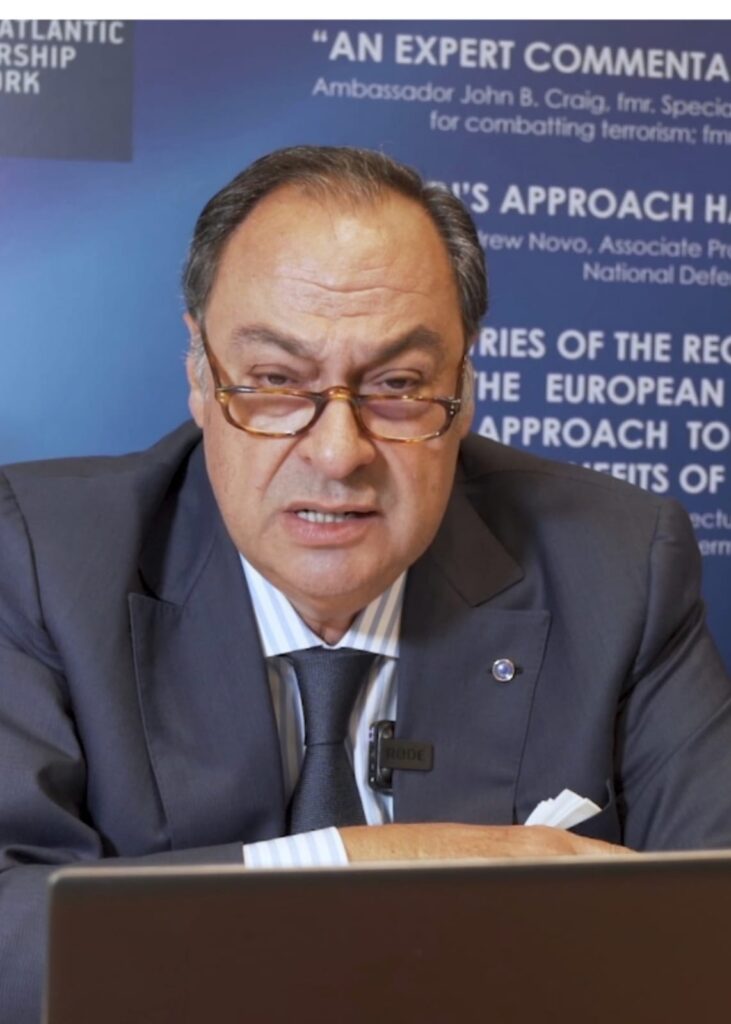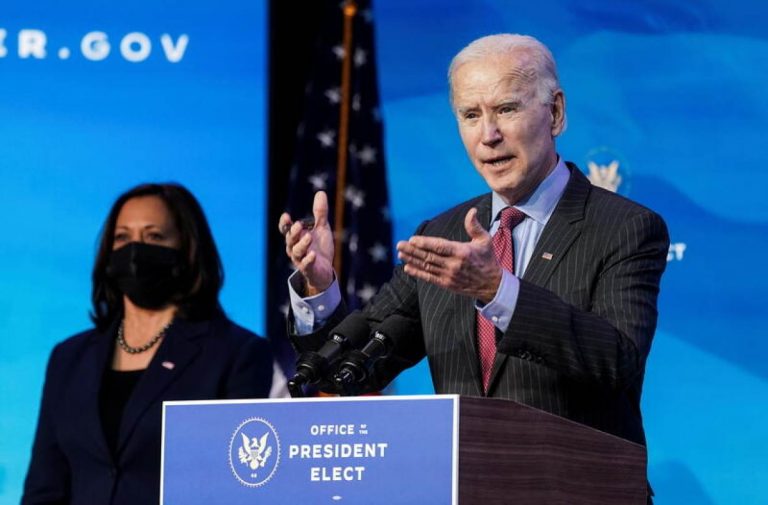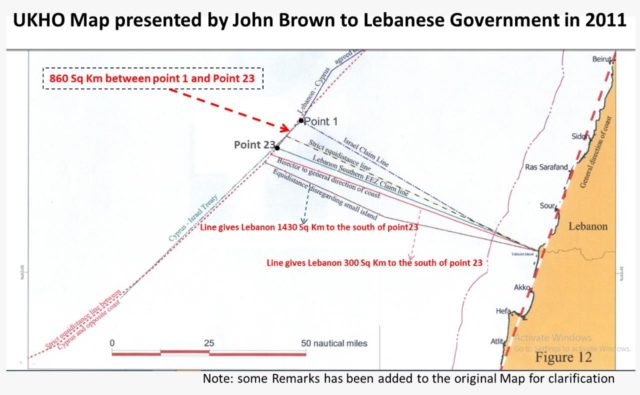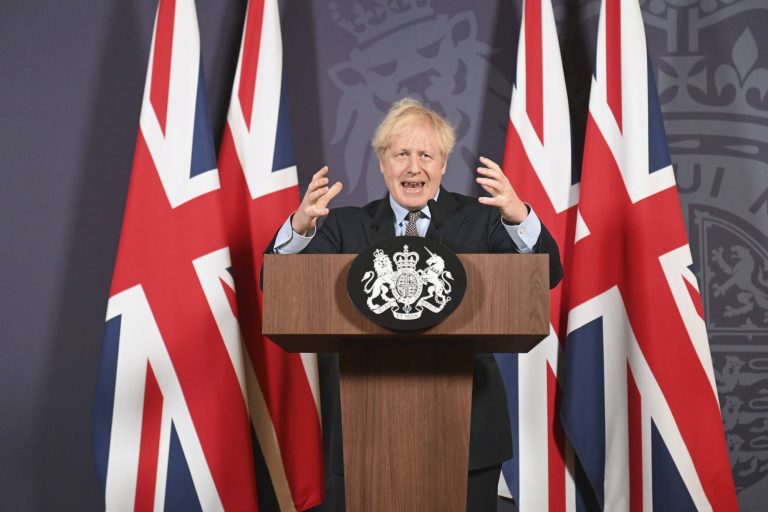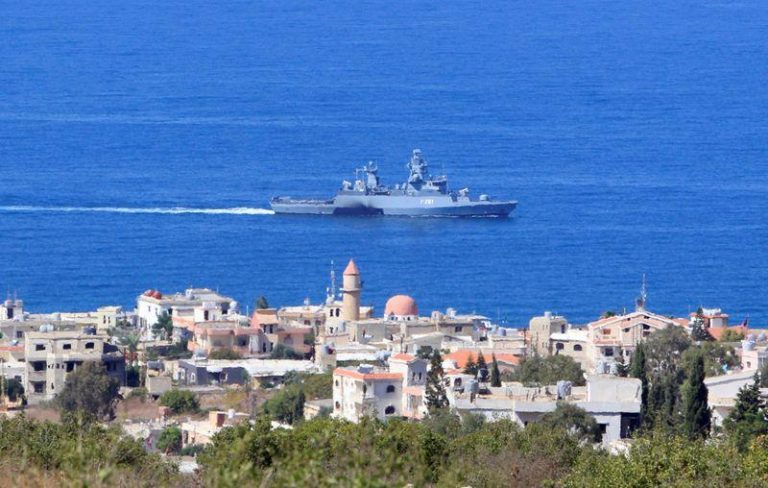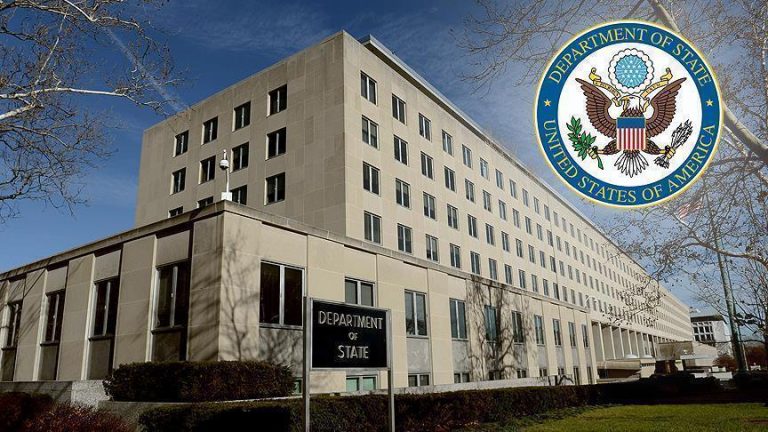It was always likely to come down to fish, and even the final hours were occupied by cod and mackerel.
After nine months of bartering, British Prime Minister Boris Johnson could declare that his trade deal with the European Union was done, while the bloc got to keep close ties with one of the world’s biggest economies.
Yet, while the outline was agreed around Wednesday lunchtime, it took a night to go through the legal text. Then, with the choreography already in place, last-minute haggling over fish stocks in the draft meant that an announcement didn’t come until the afternoon of Christmas Eve. The situation became more frantic because of disagreements over how the figures had been calculated.
For about 200 officials agonizing over the minutiae, it was time to finally emerge from the darkness. They spent more than 2,000 hours shut in rooms with little or no natural light as negotiators confronted each other in London and Brussels while Brexit was overshadowed by the human and economic cost of the coronavirus pandemic.
Some learned to respect their opposite numbers, others grew to resent them. At times, mutual suspicion and paranoia over listening devices made Brexit look like a chapter from the Cold War, all heightened by COVID-19 restrictions. Intimate chats in cafes were out; liaisons in parks were in. One British diplomat called it “Brexit noir.”
France’s blocking of the U.K.’s biggest port before Christmas was ostensibly to prevent a new strain of the coronavirus spreading to the continent. Yet there was also the sense in Paris that the chaos that halted thousands of trucks would demonstrate to the U.K. what was at stake. Officials said the two-day stoppage had focused the minds on what the EU’s chief negotiator, Michel Barnier, termed the “final push.”
For the negotiating teams, it was just another twist after spending the greater part of 2020 poring over air cargo, fingerprint data and — critically — 100 different fish species. One official described the process as like “pulling out eyelashes, one by one.”
They lived out of suitcases, working through two waves of infections that forced many into isolation. On occasions, tears were shed when they thought they were about to fail, even as recently as the morning of the deal. In the end, many were airlifted out of Brussels on a Royal Air Force plane to get home for Christmas.
This account of how the talks unfolded is based on conversations with officials with intimate knowledge of what went on. All of them asked not to be identified.
While the outcome brought celebration and relief as the final deal took shape, it had looked very different on Dec. 10. In a third-floor conference room in the British government’s building in Brussels, British lead negotiator David Frost told his team a deal looked almost impossible. Johnson was warning his country that failure looked likely.
The evening before, on Dec. 9, a dinner meeting on the 13th floor of the European Commission’s Berlaymont headquarters in Brussels between Johnson and Commission President Ursula von der Leyen hadn’t gone to plan. After she warned him publicly to “keep distance” when they took their face masks off, they found themselves wrangling over the same points that had bogged down the negotiations since the start.
At one point, von der Leyen’s aides showed Johnson a PowerPoint slide that the EU had published in February. It showed how close the U.K. is to Europe geographically and how much the two sides trade with each other, to explain why the EU insisted on fair competition rules in any deal.
But the U.K. had already dismissed the chart at the start of the year. To the people close to the negotiations, it felt like they were back at square one.
“We were numb,” said one U.K. official after Frost briefed them the following morning. Another fought back tears. “We just wanted to know when we could go home and see our families,” the official said.
As it looked like their efforts had come to nothing, the British negotiating team distracted themselves by challenging each other to come up with the best haiku. But the dinner at least had shown more clearly where the differences lay — helped in some small part by the menu of scallops and turbot — and Johnson and von der Leyen were now in charge.
Compromises were found on one of the longstanding sticking points: the level playing field for fair competition, or rules to ensure neither side held a post-Brexit advantage for companies. The U.K. knew a deal was attainable if it backed down on some of its objections to the EU being able to impose tariffs if Britain does not follow the bloc’s toughening of labor, social and environmental standards.
But the U.K. wanted something in return. The final days came down mainly to the fishing rights in British waters. Johnson and von der Leyen held further phone calls and, although officials said they still seemed to be talking across each other, on the ground the sides started to converge.
On Dec. 19, the prime minister was preparing to announce to the nation that he was taking drastic action to lock down London and ban Christmas gatherings because of a new highly virulent coronavirus strain. He also signaled to Frost that the time had come to do a deal.
As talks focused in on the issue of fishing rights, British negotiators were taken aback that the EU wasn’t budging as much as they thought it would, and by the following night things looked bleak again.
In an attempt to get the deal over the line, Johnson and von der Leyen held two tense phone calls Monday. The Commission president said the EU, particularly France, wouldn’t accept anything more than a 25% reduction in the amount of fish it could catch in British waters — and that this was the final offer.
Johnson had been pushing for 80%, though had just proposed 30%, a figure that might already be difficult to sell to his party in Parliament. Both sides were now feeling nervous about the prospects of a deal before Christmas, and when Johnson and von der Leyen spoke on Tuesday afternoon, they were still sticking to their guns.
That all changed on Tuesday night. After frantic phone calls between Brussels, Paris and Berlin, the EU came through with a new offer: Von der Leyen’s Brexit adviser, Stephanie Riso, called Frost and told him the bloc would drop its longstanding demand that it should be able to impose far-reaching tariffs on the U.K. should it restrict fish access in the future, a power known as cross-retaliation.
That was the final piece of the jigsaw. The U.K.’s top team sent urgent messages to their colleagues, some of whom were already back at their Brussels hotel packing their suitcases to go home for Christmas. They got down to work on fishing rights immediately and worked late Tuesday night.
By Wednesday, when Johnson and von der Leyen spoke again — four times that day — the outline of a deal was there. In return for the dropping of cross-retaliation, Johnson accepted a reduction of 25% on fishing, with a five-and-a-half-year transition period. That means that he can say that in June 2026, on the 10th anniversary of the EU referendum, the U.K. will have full control of its waters.
“This moment marks the end of a long voyage,” von der Leyen told a news conference in Brussels on Thursday. “At the end of such voyages, I normally feel joy. But today I feel satisfaction and relief. It’s time to leave Brexit behind.”
The most recent leg of that journey started in March, but made little progress until after the summer. The coronavirus pandemic derailed arrangements almost immediately.
Shortly after the first negotiating round, several members of the two teams, including Frost and Barnier, were laid low either because they tested positive or were displaying symptoms. They continued talks over videoconference, though couldn’t meet in person again until the end of June.
That meant negotiators couldn’t strike up a rapport. “There were no handshakes, no gentle pats on the back, no opportunity to chat things over informally over a drink,” said one EU official. “That’s how deals are normally done.”
Intimacy came in the form of web cameras into people’s homes. One EU negotiator worked from a blood-red room with a bird cage, while a British official spoke from his shed in the English Midlands. Another from the U.K. sat in her kitchen between a bouquet of lilies and a set of knives. “It was perfect for her,” one person involved in the talks joked.
There were technical problems with video technology, and both sides were worried about the security of discussing sensitive issues online. Officials found it difficult to work jointly on documents.
When they did resume face-to-face contact, the British side tried to win Barnier over. Over the summer, Frost wooed the Frenchman during private dinners at Carlton Gardens, an elegant 19th century London townhouse carefully chosen because of the emotions it might stir. The building served as the headquarters of the “Free France” government in exile during World War II led by Charles de Gaulle, Barnier’s political hero — though also the French leader who vetoed Britain’s membership of the EU’s precursor.
Months went by in almost constant deadlock, though. Barnier told Frost that before going into a submarine you need to make sure the doors are firmly shut, in response to Frost’s requests to intensify negotiations. As one negotiator put it: “There’s only so many times you can tell each other exactly the same thing about fish without going slightly crazy.”
The coronavirus weighed on the talks almost from the start. The revised train timetable under the English Channel meant there was only one shuttle to Brussels in the morning and one to London at night. Lockdowns closed bars and restaurants, and officials were forced to eat tepid dinners dropped off in paper bags alone in their hotel rooms for days on end.
In November, Barnier worked at home by candlelight after a power cut affected part of Brussels while he was in quarantine after one of his team tested positive for COVID-19.
Indeed, darkness became a theme of the talks. In London, they took place in an underground conference center belonging to the U.K. government’s business department dubbed “The Cave.” In Brussels, meetings in the drab 1970s-style Borschette center took place from early morning to late at night. Starved of fresh air and exercise, negotiators started sharing vitamin D pills.
And with darkness came the sense of noir. During the first set of Brexit negotiations in 2018, the EU’s trade supremo, Sabine Weyand, told attaches of her concern they were being bugged by the British secret service, something the U.K. flatly denied. Two years on, that paranoia persisted, an EU diplomat said. Johnson and his aides were asked to surrender their phones when they met von der Leyen for dinner.
Brussels officials in normal times might have allowed trusted journalists into their offices to view documents too sensitive to email. Now, they hid print-outs in the pages of the Le Soir newspaper as they sipped takeaway coffees on street corners.
While nervousness extended to both sides, key decision-making was taking place elsewhere anyway. Johnson exchanged text messages with French President Emmanuel Macron. Frost was in regular contact with Uwe Corsepius, German Chancellor Angela Merkel’s top adviser.
For all the hours together, the two sides spent most of the time talking past each other. Even when Johnson and von der Leyen spoke again on the phone, officials said it sounded like they were talking from completely different positions.
The reasons for Brexit were something many on the EU side struggled to understand. While “sovereignty” became the U.K.’s mantra throughout the nine months, it was a running joke among the EU negotiators. Whenever Frost tweeted the word, they expected little to be achieved for the next few days.
In her speech Thursday, von der Leyen pointedly remarked that everyone should ask themselves what sovereignty actually means in the 21st century.
At various times, the talks were very close to collapse, not least when the British government threatened to break international law by unpicking part of the withdrawal agreement on leaving the EU. But the EU saw the move as just provocation. It was clear that, despite everything, both sides desperately wanted a deal.
Indeed, they always returned to the table. As it became closer to Christmas, and the end of the U.K.’s post-Brexit transition period, tensions increased. British officials said they observed cross words between Barnier and senior members of the EU team. Witnesses reported hearing shouting from the U.K. team’s base in London.
Asked how they planned to celebrate the deal, one member of the British group already knew: “I’m going to sleep.”


